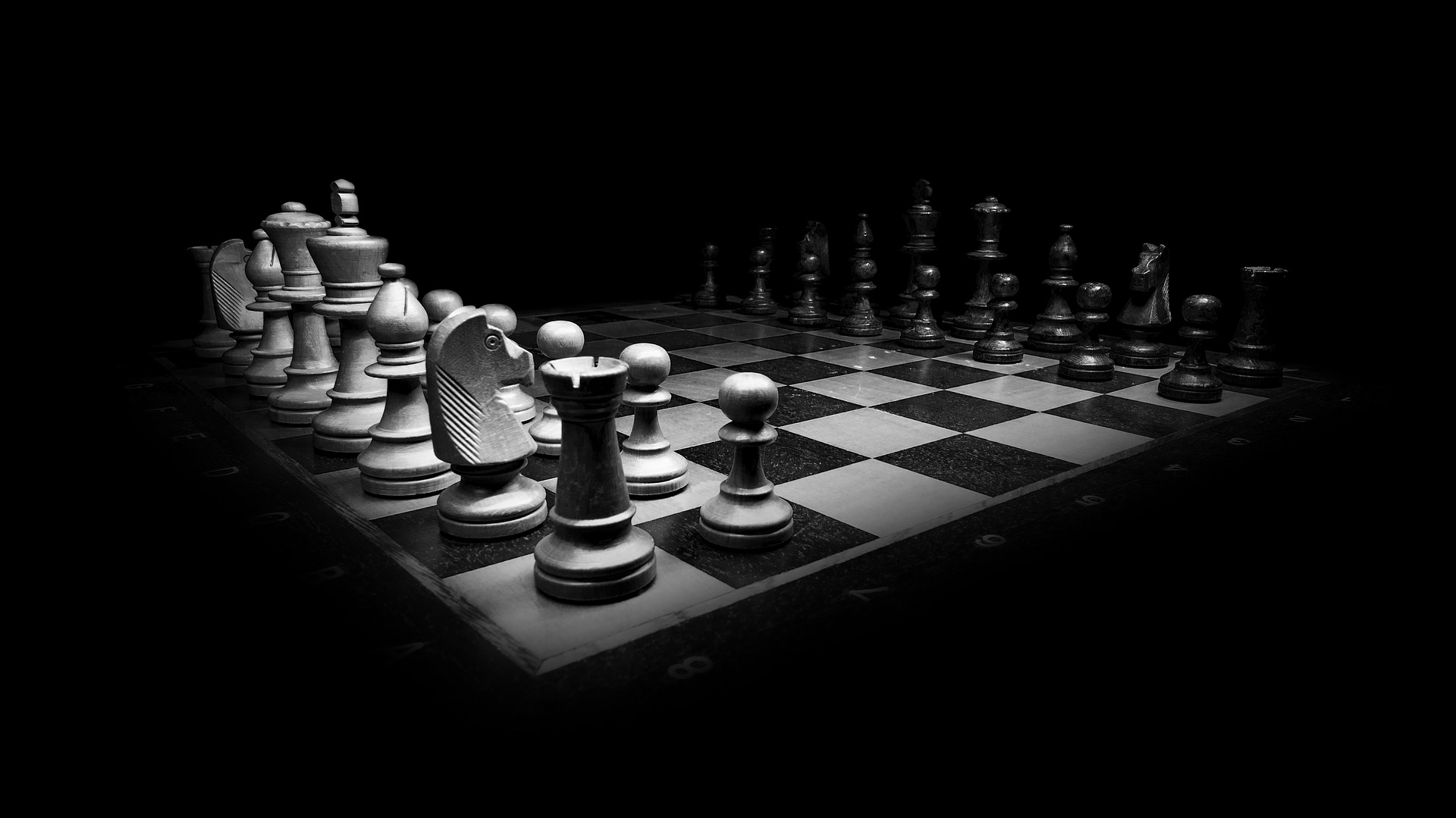
Pili, Giangiuseppe, (2019) “Is a chess player and intelligence analyst? How to learn from chess how to improve intelligence analysis”, American Intelligence Journal, Vol 36, Issue 2, 74-85
It is with a distinct pleasure and honor that I announce my last publication in the esteemed American Intelligence Journal – The journal for intelligence professionals! AIJ is one of the oldest American journals of intelligence studies and it is one of my favorites. When I read the email today my heart jumped (safely!, safely!). For a young researcher in the field of intelligence grow up with the documentaries of the WWII, and personal appreciation for what US have done during the Cold War, I couldn’t have been more happy to see my name inside that journal. I want personally to thank again many people that helped me in delivering the paper: Michael Landon-Murray (assistant professor), Claudio Selleri (Le Due Torri, Publisher), Herman Grooten (IM, trainer and great chess writer), Uberto Del Prato (CM, and environment intelligence practitioner), Roman Kolodii (intelligent and careful reader), Matteo Canini (neuro-psychologist who provided the psychological literature about chess and intelligence), and last but not least the editor of the journal, professor William Spracher. Thank you all for all your help and support!
Overview
Is a chess player an intelligence analyst? Chess is considered one of the most interesting strategic games in the Western culture. Chess is still one of the most challenging strategic games for our intelligence and understanding. Even though chess is a perfect information game, it is sufficiently complex and difficult to be unsolvable by sheer calculation. As the intelligence analysts, chess players face uncertainty, tactical dilemmas, strategic conundrums, stress, pressure and great epistemological problems. Chess players deal with these problems all the time and they face them using knowledge and foreknowledge of the opponent’s capability and intentions to try to solve difficult problems in the chessboard. All they have is information to be translated in practical knowledge. After half a century the first chess computer appeared to the scene and hundreds of years of chess studies, we are still learning how to play better in the chessboard. Chess is still the most esteem and competitive game of our culture and it is time to bring it with all its complexity to the intelligence community in order to learn from it.[1]
Interested in the paper? Please, feel free to ask for the early draft! Or watch the presentation on YouTube!




Be First to Comment